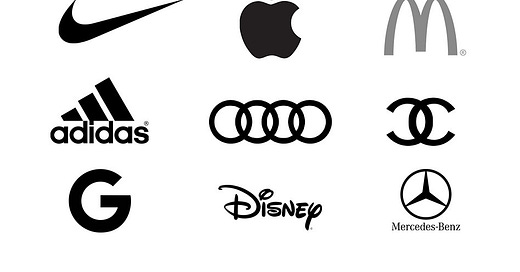Products are made in the factory, but brands are created in the mind. — Walter Landor
Michael Platt, director of the Wharton Neuroscience Initiative, conducted a fascinating brand-loyalty experiment where he and his team evaluated the brain activity of Apple and Samsung smartphone users. The test was to evaluate how users think and feel about the brands that they use.
Using an MRI machine, the team measured users’ brain activity to good, bad, or neutral news about Apple and Samsung. Apple customers showed an emotional empathy response to Apple that was identical to how somebody responds to hearing news about their own family. They were happy when news associated with Apple was positive and felt sad when it was negative.
On the other hand, Samsung users had no positive or negative responses to news about Samsung. Ironically, they showed a reverse empathy towards Apple — when Apple was associated with negative news sentiment, Samsung users felt happy. In their defense, Samsung users did not report feeling the results shown in their MRI. What they felt and the results measured using the MRI were completely different.
Apple has completely defined the market here. Samsung customers, it seems, from their brain data, are only buying Samsung because they hate Apple. — Michael Platt
Buffett intuitively understood this decades ago. In his 2007 letter to Berkshire Hathaway shareholders, he highlighted the power of brands in building an enduring business.
A truly great business must have an enduring “moat” that protects excellent returns on invested capital… a formidable barrier such as a company’s being the lowcost producer (GEICO, Costco) or possessing a powerful world-wide brand (Coca-Cola, Gillette, American Express) is essential for sustained success.
If you found this interesting, check out why it’s important to protect your downside.




